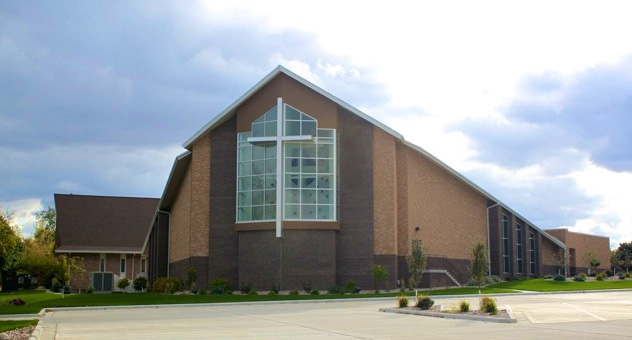Over the past couple of months, during my free time, I have enjoyed watching the old television show “Battlestar Gallactica,” which ran from about 2004-2009 on Amazon Prime. By this time you all know I am pretty nerdy, but this article should add even more depth to that reality. I’ve always claimed I refuse to watch Star Trek, and that is where I draw the line of geekiness, but this show is pretty much the same thing under a different title.
The first episode dispenses with any sort of build-up or character development and throws you right into the middle of a crazy battle between Battlestar Gallactica, her sister ships, and the hordes of Cylons who are bent on eliminating the human race. Over time you gather the main plot, which is fairly typical, that at some point human beings created artificial intelligence, the robots took over and nuked all the planets where humans live, blah blah blah… Now there are a little less than 50,000 people left, and they are living on the run throughout the whole universe.
The reason I bring this show up is because of the deep questions it asks as the story develops. It is no coincidence that the main character is named Commander Adamas, who is referred to by the crew simply as “the old man.” In many ways he represents them all, just as Adam represents the human race in the Bible. Probably the main question posed by this series is this: After all the pain and suffering human beings have caused each other over the years and inflicted on the environment around them, do they even deserve to be saved from destruction? If so, for what purpose? Throughout the course of the series, this question is asked in different forms by humans and Cylons (robots who look like humans) alike. Through an ironic twist, it is only through the suffering the people undergo that some of them come to believe in the One True God.
In a similar way God has wrestled with the problem of our unfaithfulness and destructive tendencies on many occasions. The most obvious example was during the time of Noah, when human beings had become so corrupt that He decided to start over with one faithful family. Later, after God made his promise to Abraham and his descendants, there were many times He almost gave up on them as well. He offered to start over through Moses’ line (Exodus 32:12-14), He allowed Israel to be captured and carted off to Assyria (II Kings 17:5-6), and the nation of Judah eventually was dispersed to Babylon (II Kings 25:11). Even in the history of the Christian church you can make a case that various branches of the faith strayed so far away that God eventually just let them go.
As Easter approaches, however, we can be encouraged by the truth that despite our lack of faithfulness, God remains faithful, and he sees value and purpose in us even when we don’t see it in ourselves. The ultimate proof is sending Jesus into the world to offer us redemption through His shed blood on the cross and the power of His resurrection, and partnership in building His kingdom until He returns. So whether we find ourselves in a time of peace and prosperity and possibly drifting from the faith, a time of persecution when we are on the run and calling out to God, or somewhere in between, may we find our value and purpose in our identity as God’s beloved children.
Cory Grimm








